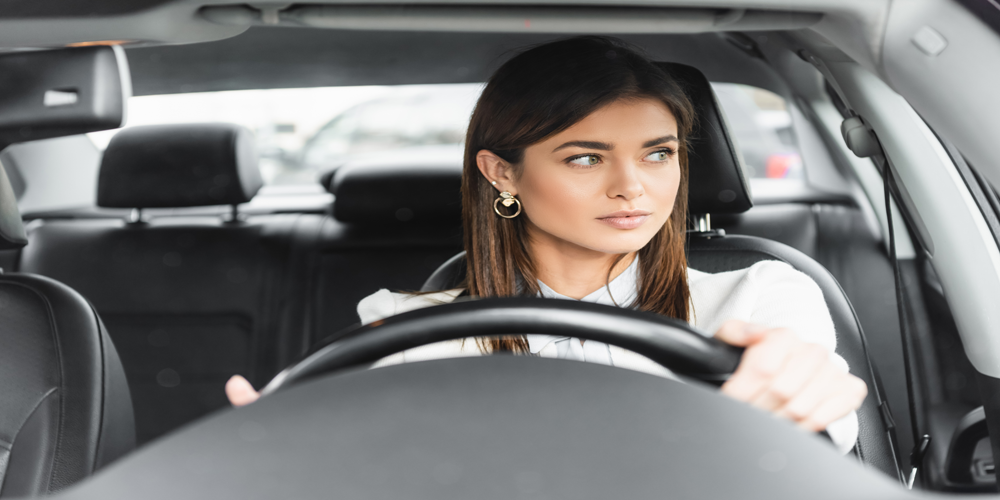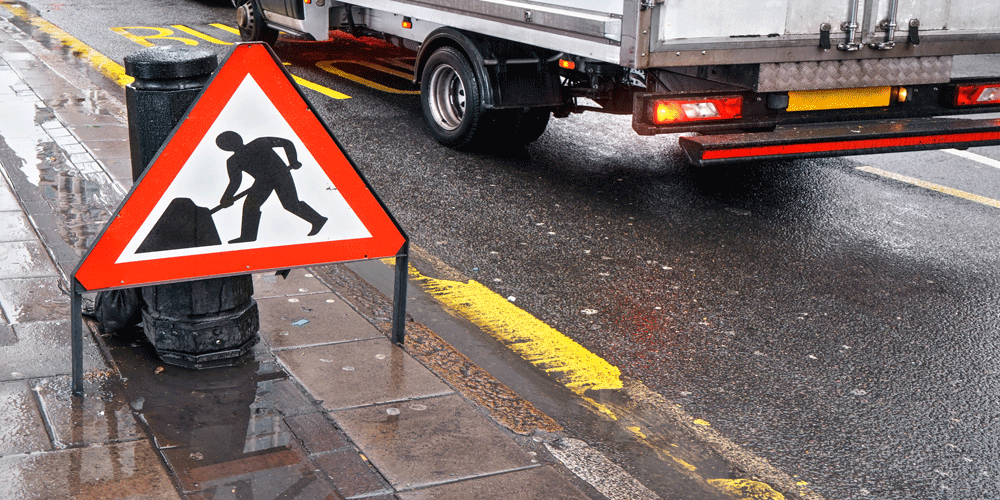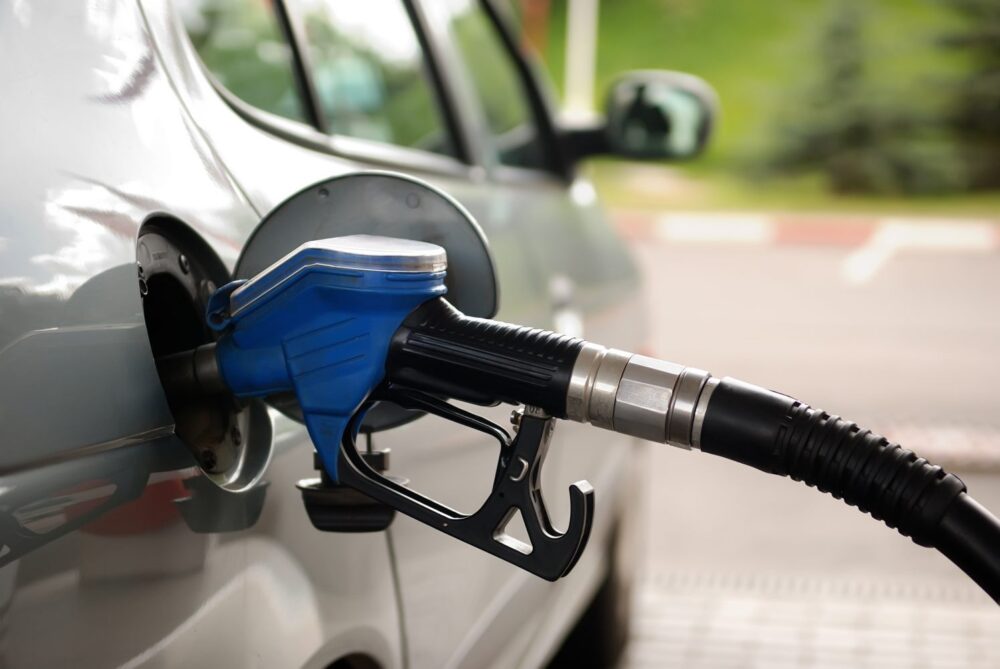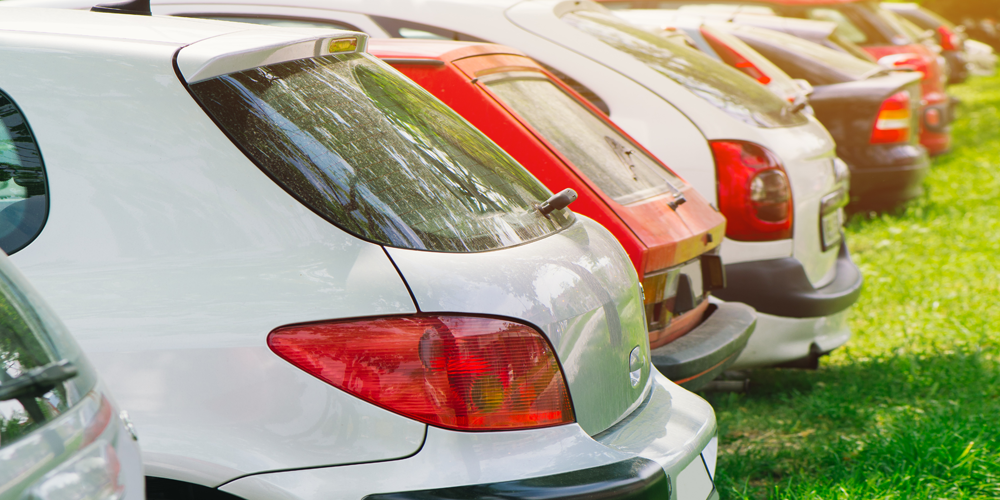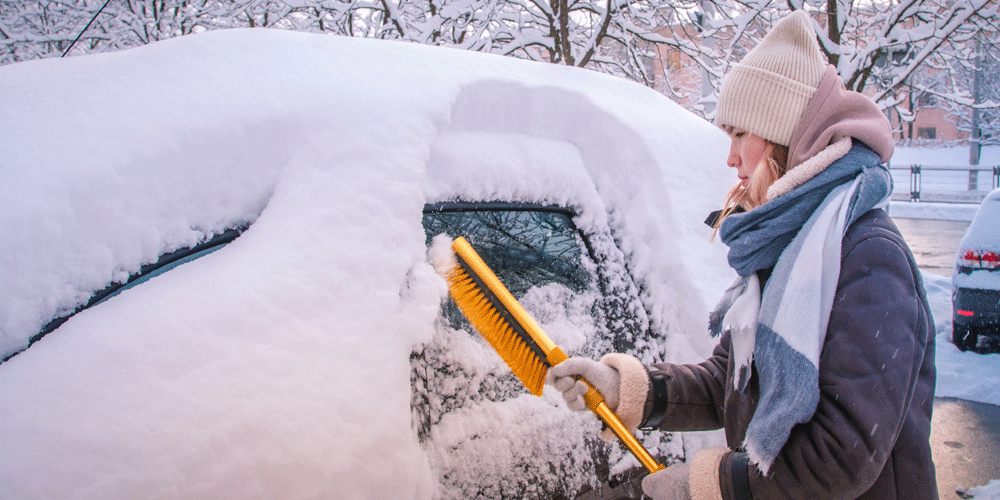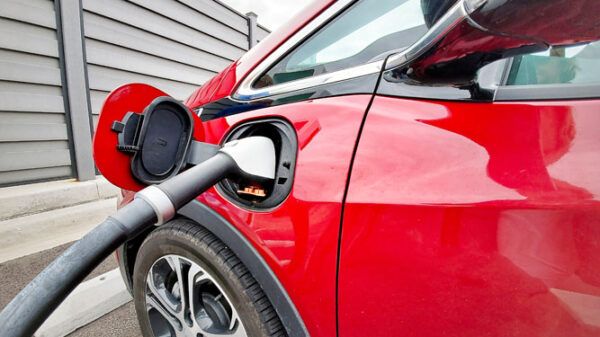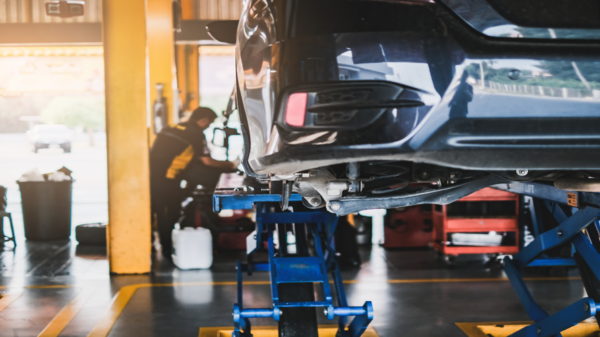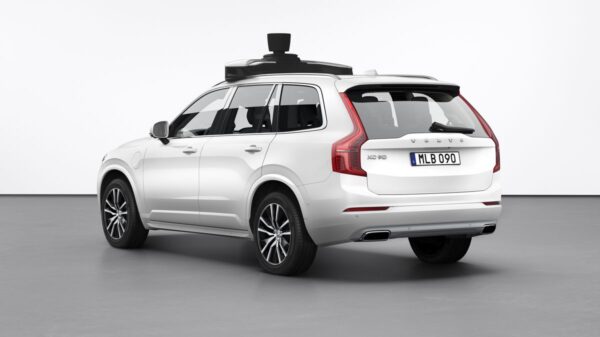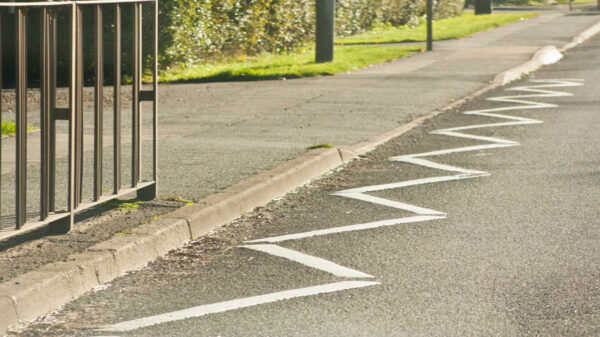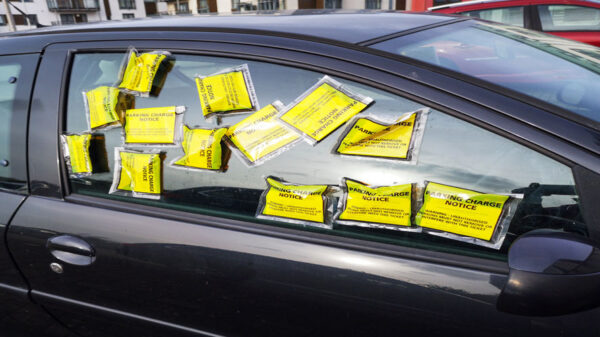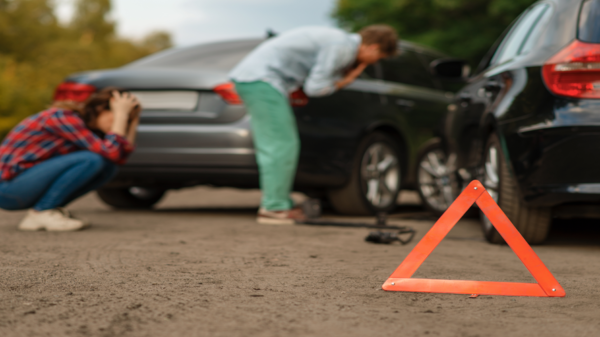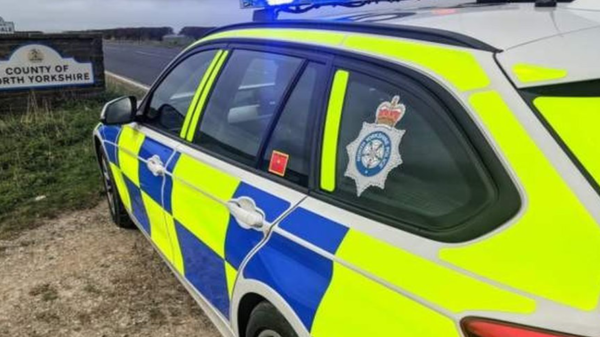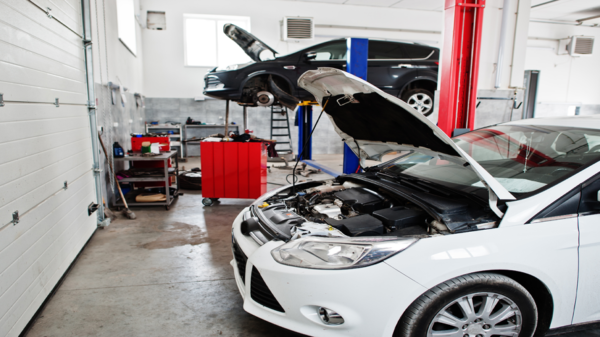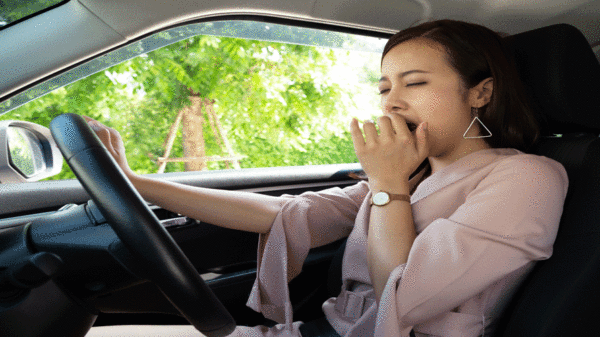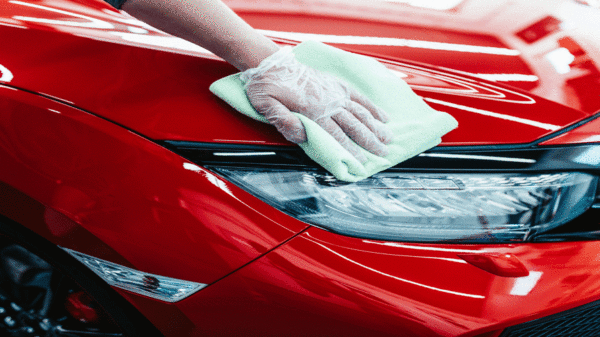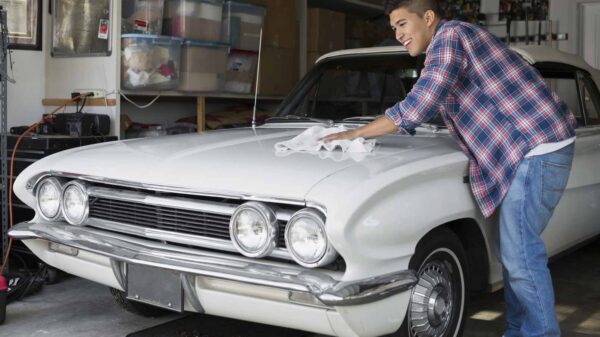With dark, cold mornings in abundance right now, it can be hard to get going once the alarm goes off, especially if you haven’t had a good night’s sleep. Extreme tiredness can also lead to microsleeping. These are short episodes of drowsiness or sleep that could last a fraction of a second or up to 30 seconds. Any vehicle travelling at 70 mph will travel 31 metres per second, giving plenty of time to cause a serious crash during a micro-sleep.
IAM RoadSmart has some top tips to keep you Staying Alert.
Speeding, using a mobile phone, drinking and drug driving, not wearing a seatbelt and careless driving are responsible for a large proportion of incidents and are considered ‘the fatal five’. Fatigue is a serious contributor to careless driving.
Make sure you take regular rest breaks to split up the journey, especially when travelling on a long, boring stretch of motorway. The simple rule is don’t drive or ride tired; stop at least every 100 miles or two hours of driving BEFORE fatigue or drowsiness sets in. Make sure the break is at least 15 minutes long; getting out of the car and walking around will help.
If necessary, plan an overnight stop. If you feel too fatigued to carry on, then book yourself into a hotel at the next service station and sleep it off. Wake up fresh with a good breakfast and carry on your journey. It’s good to note that a caffeine high may be a quick fix, but it is not a long-term solution and certainly not a substitute for proper sleep.
You’re bound to be tired after a full day at work, so avoid setting out on a long journey after you have finished the day. It’s best to start your journey earlier when you’re more alert.
If possible, avoid travelling between the two peak times for sleepiness. These are between 3am and 5am and 2pm and 4pm.
If you have taken prescribed medication, then seek advice from your GP as to whether you should be driving or riding. If bought over the counter, then read the instructions on the pack or speak to a pharmacist.
IAM RoadSmart Chief Examiner Richard Gladman says: “Even the fittest of us need regular sleep to perform at our highest standards. Driving and riding requires full concentration, and if you are tired, your ability to concentrate is reduced. Our internal body clock is usually set to deal with our normal lifestyle; extra care needs to be taken when driving or riding during a time we would normally be at rest. Stop, rehydrate, and rest if you need to. Remember caffeine is no substitute for rest and should not be relied upon for concentration.”
IAM RoadSmart, the UK’s largest independent road safety charity, offers several On-Road Modules designed to boost your confidence and skills. Whether it’s parking problems or motorway nerves, we have you covered.


